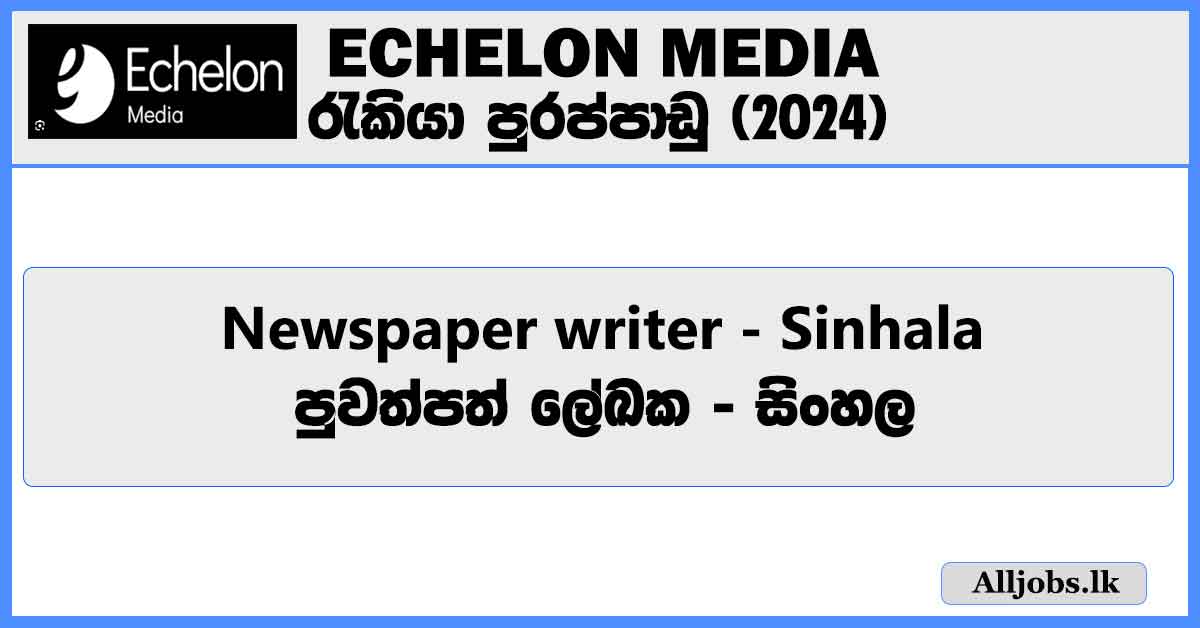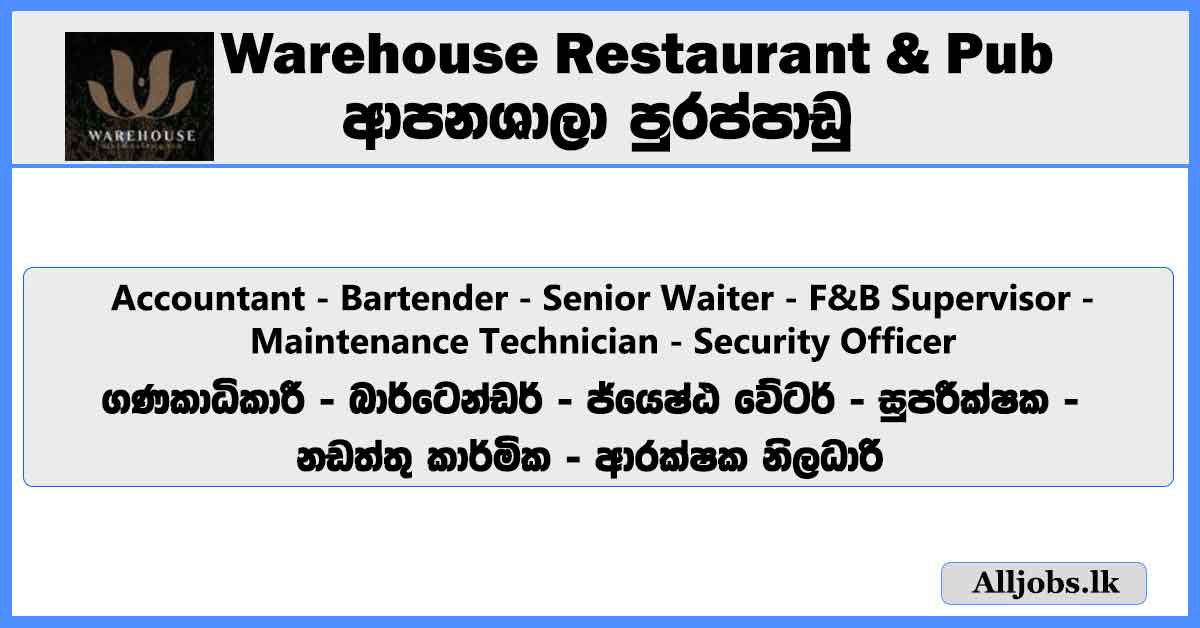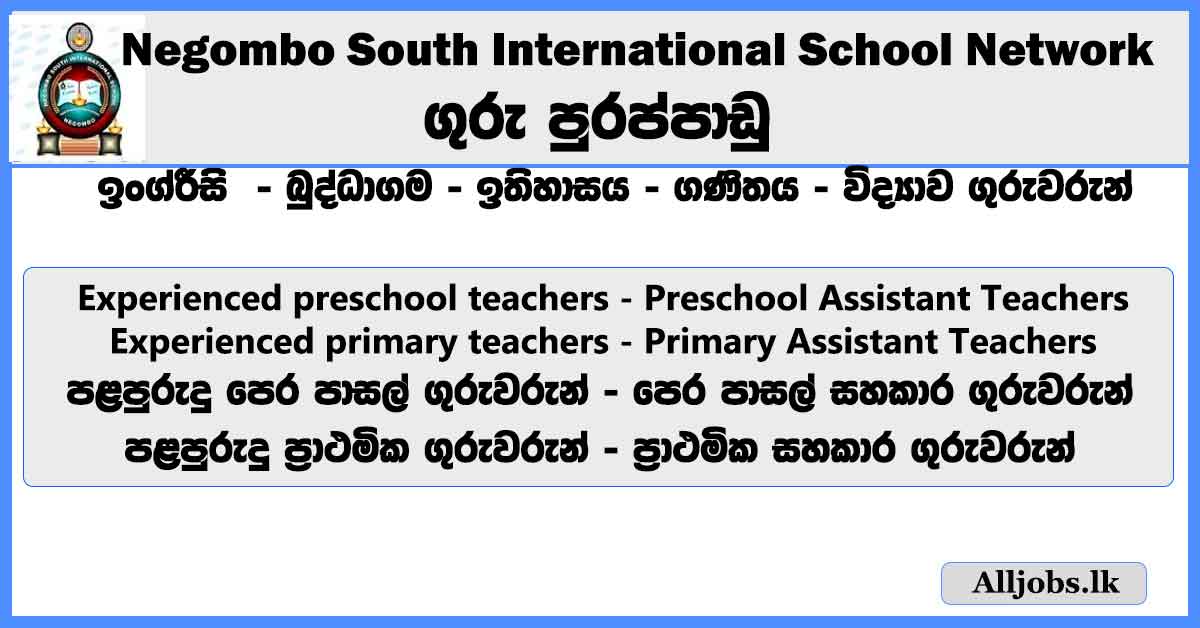What are the most effective job search strategies for individuals with limited work experience?
For individuals with limited work experience, some effective job search strategies include networking, utilizing job search engines, attending job fairs, and exploring internship opportunities.
Networking can be particularly valuable, as it allows individuals to connect with others in their desired field and learn about potential job opportunities.
Additionally, job search engines such as Indeed and Glassdoor can provide a wealth of job listings and information about various companies.
Attending job fairs can also be beneficial, as it allows individuals to meet with employers face-to-face and learn more about potential job opportunities.
Finally, exploring internship opportunities can be a great way to gain valuable work experience and make connections in a desired field.
Here are some additional effective job search strategies for individuals with limited work experience:
Volunteer work:
Consider volunteering at a nonprofit organization or charity. This can provide valuable experience and networking opportunities.
Personal branding:
Create a personal brand by developing a professional social media presence, building a portfolio of work, and showcasing any relevant skills and experiences.
Skills development:
Consider taking courses or earning certifications in a desired field to enhance your skills and make yourself a more competitive candidate.
Informational interviews:
Reach out to professionals in your desired field and ask to conduct an informational interview. This can provide valuable insights and connections.
Temporary work:
Consider taking temporary or contract jobs to gain work experience and make connections in your desired field.
Referrals:
Ask friends, family, or acquaintances if they know of any job opportunities or if they can refer you to someone in their network.
Industry events:
Attend industry events and conferences to learn about current trends, meet professionals in your desired field, and make connections.
Remember, finding a job with limited work experience can be challenging, but by being proactive and using a variety of job search strategies, you can increase your chances of finding the right opportunity for you.
How can social media platforms be utilized to enhance job search strategies?
Social media platforms can be powerful tools for enhancing job search strategies. Here are a few ways you can use social media to your advantage:
- Professional networking: Build a network of contacts to learn about job opportunities.
- Job search engines: Social media platforms offer job search features to apply for jobs.
- Personal branding: Create a professional online presence through social media.
- Research: Research companies and hiring managers to tailor job search.
- Engage with companies: Follow companies on social media to stay informed and demonstrate interest.
It’s important to remember that social media can be a double-edged sword, and it’s crucial to maintain a professional online presence. Be mindful of what you post, and ensure that your online activity aligns with your personal brand and job search goals.
Here are a few additional ways social media can be used to enhance job search strategies:
- Join industry groups: Join industry-specific groups on social media platforms such as LinkedIn and Facebook. This can be a great way to connect with other professionals in your field and stay up-to-date on current trends and job openings.
- Showcase your expertise: Share knowledge and expertise on social media to become an authority.
- Follow recruiters: Follow recruiters on social media to be noticed.
- Create a video resume: Video resumes can showcase personality and communication skills.
- Be active and engaged: Actively engage on social media to build relationships and increase visibility.
Remember, social media can be a powerful tool for enhancing your job search strategies, but it should be just one part of a larger, multifaceted approach. Be sure to also utilize other job search strategies, such as networking, attending job fairs, and exploring internship opportunities.
What are the most common mistakes made during a job search, and how can they be avoided?
There are several common mistakes that job seekers make during a job search. Here are some of the most common mistakes, and tips on how to avoid them:
- Applying for every job: One of the most common mistakes is applying for every job that you see, regardless of whether it is a good fit or not. This can be a waste of time and can dilute your efforts. Instead, focus on applying for jobs that match your skills and experience.
- Ignoring job requirements: Another mistake is not paying attention to the job requirements listed in the job posting. Make sure you meet the requirements and qualifications before applying for a job.
- Poorly written resumes and cover letters: Your resume and cover letter are often the first impression you make on a potential employer. Ensure that they are well-written, free of errors, and tailored to the specific job you are applying for.
And also
- Lack of research: It’s important to research the company and the job before applying or interviewing. This shows that you are interested in the company and that you have taken the time to prepare.
- Poor interview skills: Nervousness, lack of preparation, and poor communication skills can all negatively impact your interview. Practice your interviewing skills, research commonly asked questions, and prepare for the interview.
- Not following up: After applying or interviewing for a job, it’s important to follow up with a thank you email or letter. This shows that you are interested in the job and appreciate the opportunity.
To avoid these mistakes, take the time to research the job and the company, tailor your application materials to the specific job, and practice your interviewing skills. Be selective in your job applications and ensure that you meet the requirements listed in the job posting. Finally, always follow up after applying or interviewing for a job.
Here are a few additional common mistakes that job seekers make during a job search, and tips on how to avoid them:
- Not networking: Networking is an effective way to find job opportunities.
- Lack of patience: Finding a job can take time, and it’s important to be patient and persistent. Don’t get discouraged if you don’t hear back from employers right away, and continue to actively search for job openings.
- Lack of preparation: Take time to prepare for interviews by researching, researching, and practicing.
- Not following directions: Failure to follow job posting instructions can lead to rejection.
- Focusing only on salary: Consider job responsibilities, culture, and opportunities for growth.
By avoiding these common mistakes and taking a strategic, thoughtful approach to your job search, you can increase your chances of landing a job that is a good fit for you.
What are the key factors that influence an employer’s hiring decision?
There are several key factors that can influence an employer’s hiring decision, including:
- Skills and qualifications:
Employers typically look for candidates who have the necessary skills and qualifications to perform the job. This may include relevant education, experience, certifications, or technical skills.
- Fit with company culture:
Employers often prioritize candidates who fit with the company culture and values. This can include factors such as work style, communication style, and personality.
- Professionalism and demeanor:
During the hiring process, employers are evaluating candidates’ professionalism and demeanor. This can include factors such as punctuality, communication skills, and overall demeanor.
- References and background checks:
Employers may contact references or conduct background checks to verify a candidate’s employment history and qualifications.
- Availability and flexibility:
Employers may prefer candidates who are available to start work immediately, or who have flexible schedules.
- Salary expectations:
While not the only factor, salary expectations can also play a role in the hiring decision. Employers typically want to ensure that a candidate’s salary expectations are in line with the company’s budget and industry standards.
- Interview performance:
The candidate’s performance during the interview process can also be a significant factor in the hiring decision. This can include factors such as preparedness, communication skills, and overall impression.
By understanding these key factors, job seekers can better prepare themselves for the hiring process and increase their chances of landing a job offer.
What are the most effective ways to tailor a resume and cover letter to a specific job position?
Tailoring your resume and cover letter to a specific job position is crucial to increase your chances of getting noticed by employers. Here are some effective ways to tailor your application materials:
- Analyze the job posting: Read the job description carefully and identify the key skills, experiences, and qualifications that the employer is looking for. Make a list of these requirements and prioritize them based on their importance.
- Customize your resume: Once you have identified the key requirements, customize your resume to highlight your relevant skills and experiences. Use keywords from the job description and incorporate them into your resume. Tailor your summary or objective statement to match the job requirements.
- Quantify your achievements: Use numbers, percentages, and other metrics to quantify your achievements and demonstrate your impact in previous roles. This will help you stand out from other candidates and show that you have the skills and experiences that the employer is looking for.
- Address any gaps: If there are any gaps in your resume or experiences that do not align with the job requirements, address them in your cover letter. Explain how you have developed the necessary skills or how your experiences can still be valuable to the employer.
- Research the company: Research the company and its industry to understand their values, culture, and mission. Use this information to tailor your cover letter and demonstrate your knowledge and enthusiasm for the company.
What are some strategies for overcoming nervousness
Overall, tailoring your resume and cover letter to a specific job position requires careful attention to detail and a strong understanding of the employer’s needs and requirements. By demonstrating your skills and experiences in a way that aligns with the job posting, you can increase your chances of getting noticed and landing an interview.
Here are some additional ways to tailor your resume and cover letter to a specific job position:
- Highlight relevant experiences: Emphasize your experiences that are most relevant to the job posting. For example, if the job requires experience with a particular software program, highlight any experience you have using that software.
- Use the right format: Consider using a functional resume format, which focuses on your skills and experiences rather than your chronological work history. This can be especially effective if you have relevant experiences from different industries or non-traditional work experiences.
- Show your passion: Use your cover letter to show your enthusiasm for the job and the company. Explain why you are interested in the position and what specifically excites you about the company and its mission.
- Demonstrate your communication skills: Use your cover letter to demonstrate your strong communication skills. Write clearly and concisely, and avoid using jargon or overly technical language. This will show that you can effectively communicate with clients, customers, or colleagues.
- Customize your portfolio: If you have a portfolio of work samples, consider customizing it to showcase examples that are most relevant to the job posting. This can help the employer see that you have the skills and experiences they are looking for.
Overall, tailoring your resume and cover letter requires a lot of research and effort, but it can make a big difference in the success of your job search. By showing the employer that you have the skills and experiences they are looking for and a passion for the job and the company, you can stand out from other candidates and increase your chances of landing the job.
What are the common interview questions
How can job seekers utilize job fairs and other networking events to their advantage?
Attending job fairs and other networking events can be a great way for job seekers to connect with employers and explore job opportunities. Here are some tips on how to utilize these events to your advantage:
Do your research:
Before attending a job fair or networking event, research the participating employers and learn as much as you can about the companies and the types of job openings they have. This will help you target your conversations and make the most of your time at the event.
Prepare your elevator pitch:
Prepare a short, 30-second elevator pitch that summarizes your skills, experiences, and career goals. This will help you introduce yourself to employers and make a strong first impression.
Dress professionally:
Dress professionally and appropriately for the event. This will show that you are serious about your job search and that you are a professional candidate.
Bring copies of your resume:
Bring multiple copies of your resume to hand out to employers. Make sure that your resume is tailored to the types of jobs and companies that will be at the event.
What is the most effective way to research a company
Ask thoughtful questions:
Ask thoughtful questions to employers to show your interest and engagement. This will help you stand out from other job seekers and demonstrate your knowledge and curiosity.
Follow up after the event:
Follow up with employers to thank them and express interest in job openings.
Overall, attending job fairs and networking events can be a great way to connect with employers and learn about job opportunities. By doing your research, preparing your elevator pitch, dressing professionally, bringing copies of your resume, asking thoughtful questions, and following up after the event, you can make a strong impression on employers and increase your chances of landing a job.
What are some of the most common mistakes that job seekers make during job interviews?




